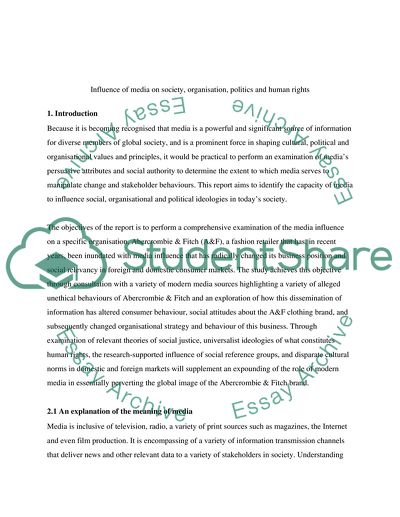Cite this document
(Influence of Media on Society and Organisation Term Paper, n.d.)
Influence of Media on Society and Organisation Term Paper. Retrieved from https://studentshare.org/media/1808918-strategy-communication
Influence of Media on Society and Organisation Term Paper. Retrieved from https://studentshare.org/media/1808918-strategy-communication
(Influence of Media on Society and Organisation Term Paper)
Influence of Media on Society and Organisation Term Paper. https://studentshare.org/media/1808918-strategy-communication.
Influence of Media on Society and Organisation Term Paper. https://studentshare.org/media/1808918-strategy-communication.
“Influence of Media on Society and Organisation Term Paper”, n.d. https://studentshare.org/media/1808918-strategy-communication.


